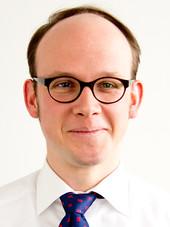In respect of their development policy, the Gulf states were long described as ‘newcomers’ or ‘quiet giants’. However, such characterisations no longer apply today, as their development policy activities are now of significant proportions and are clearly more visible. Although the data on the financial resources used are incomplete, conclusions can be drawn and the Gulf States can definitely be described as giants in development aid. However, the development policy of the Gulf states continues to follow its own motives, logics and goals, which often distinguish it from the policy of traditional Western donors. For example, a clear interweaving of different motives and goals can be seen: Development policy is coupled in particular with security and economic policy.
Fabian Blumberg, Head of the Regional Program Gulf States of the Konrad-Adenauer-Stiftung, analyses how the development policy of the Gulf States is developing and what opportunities there are for cooperation based on partnership.
Read the entire monitor here as a PDF.





